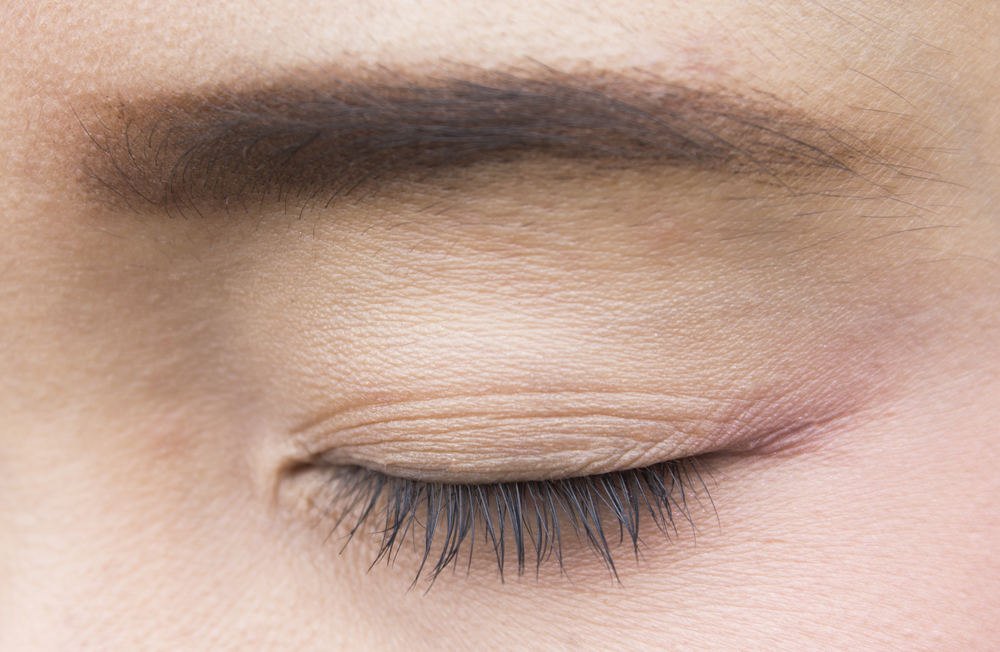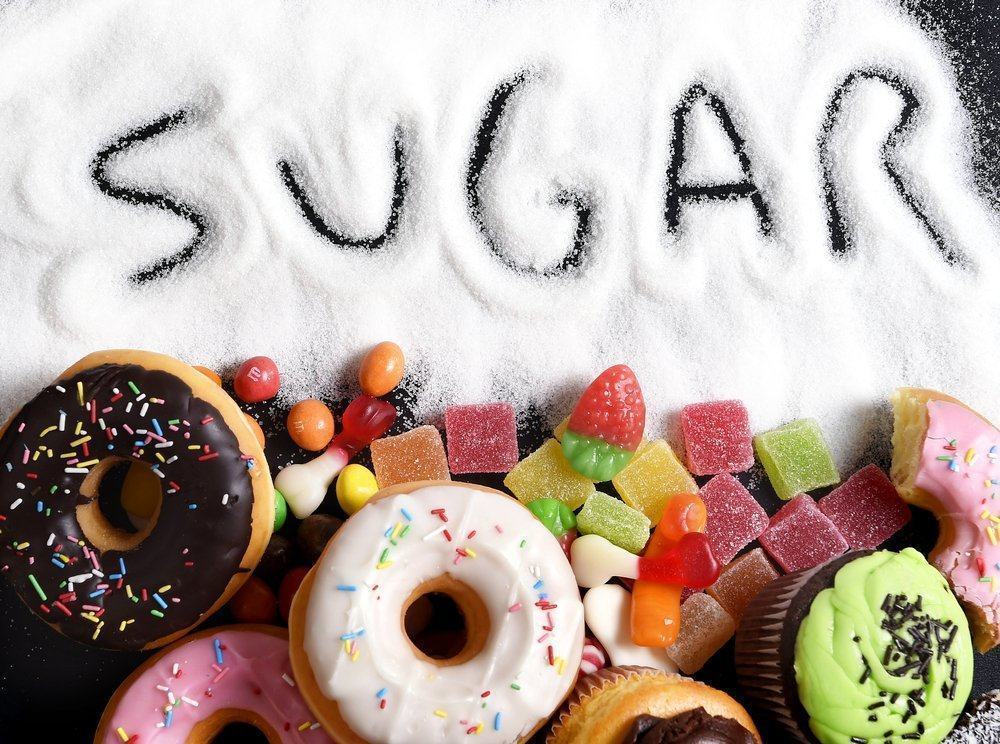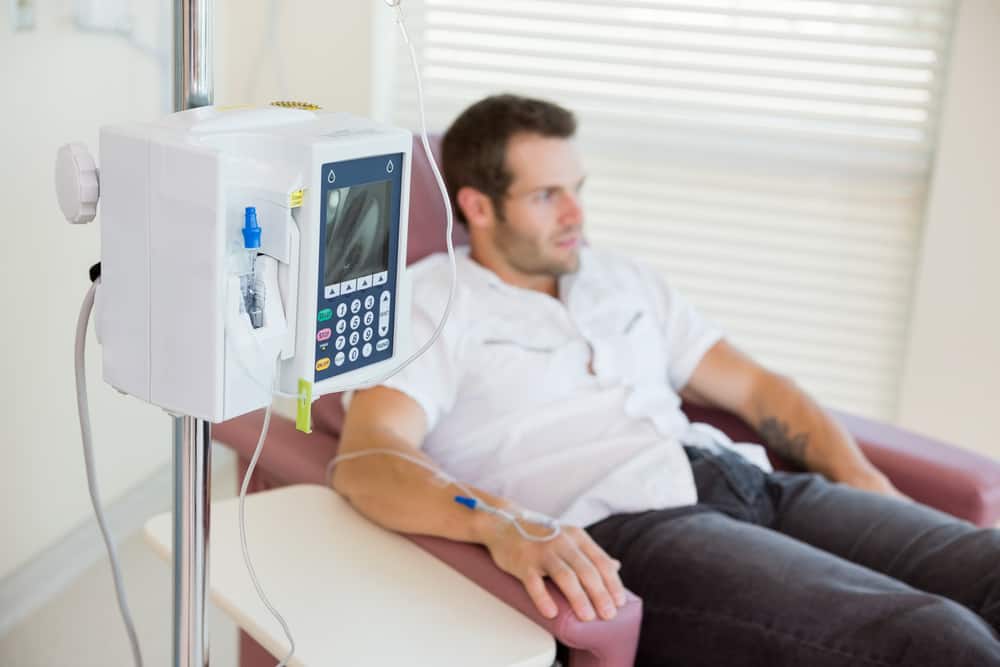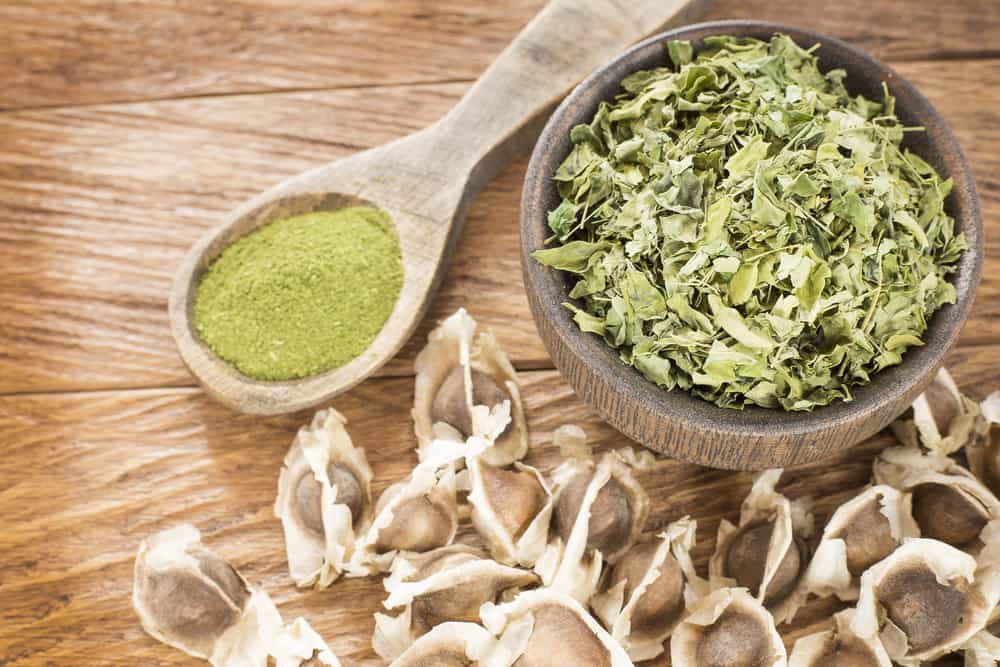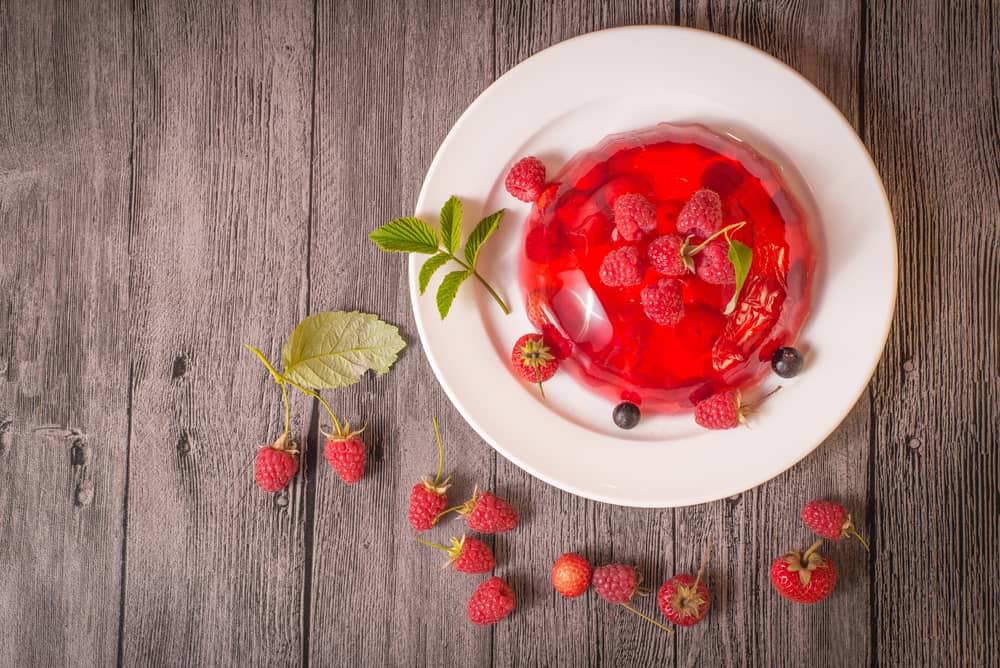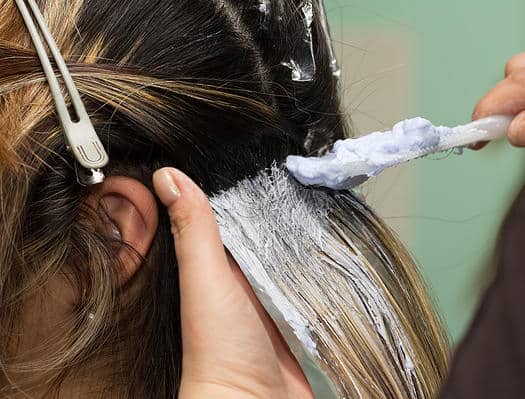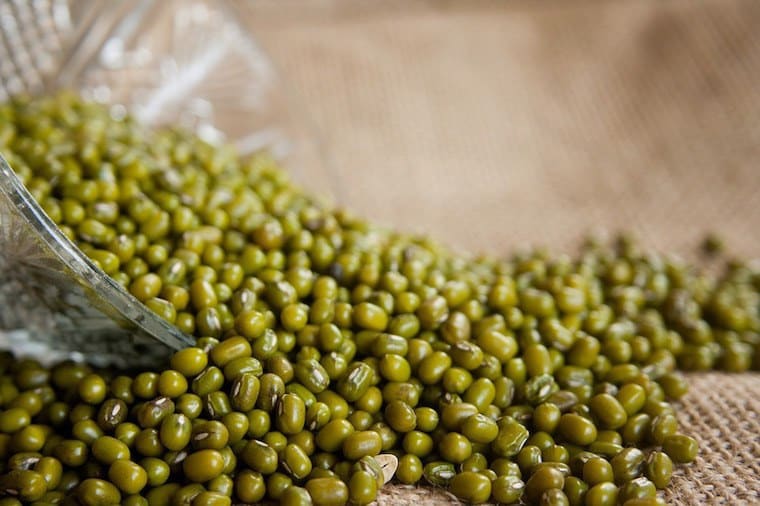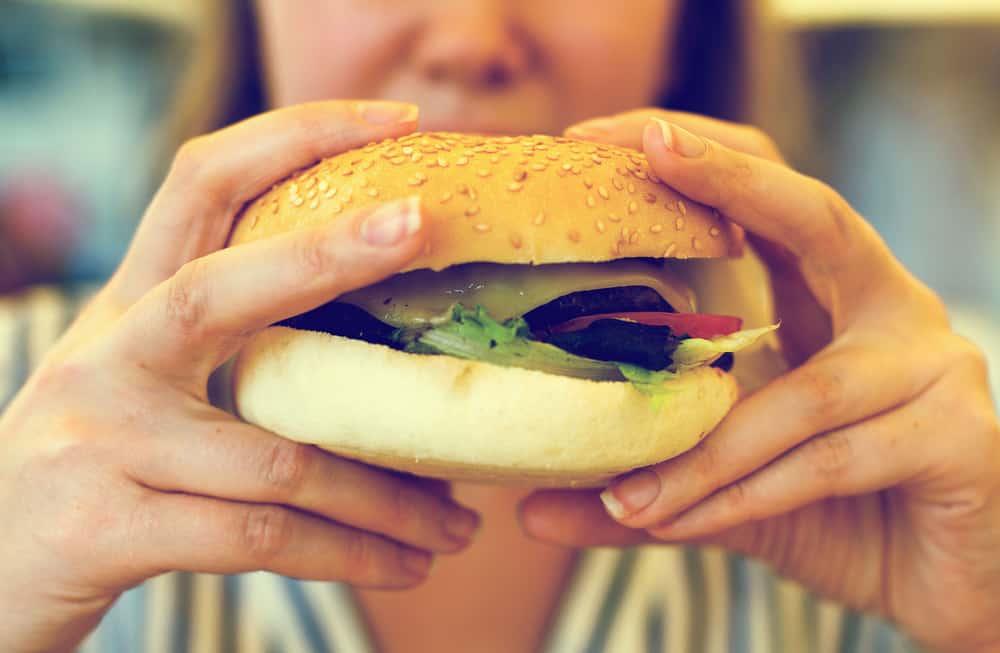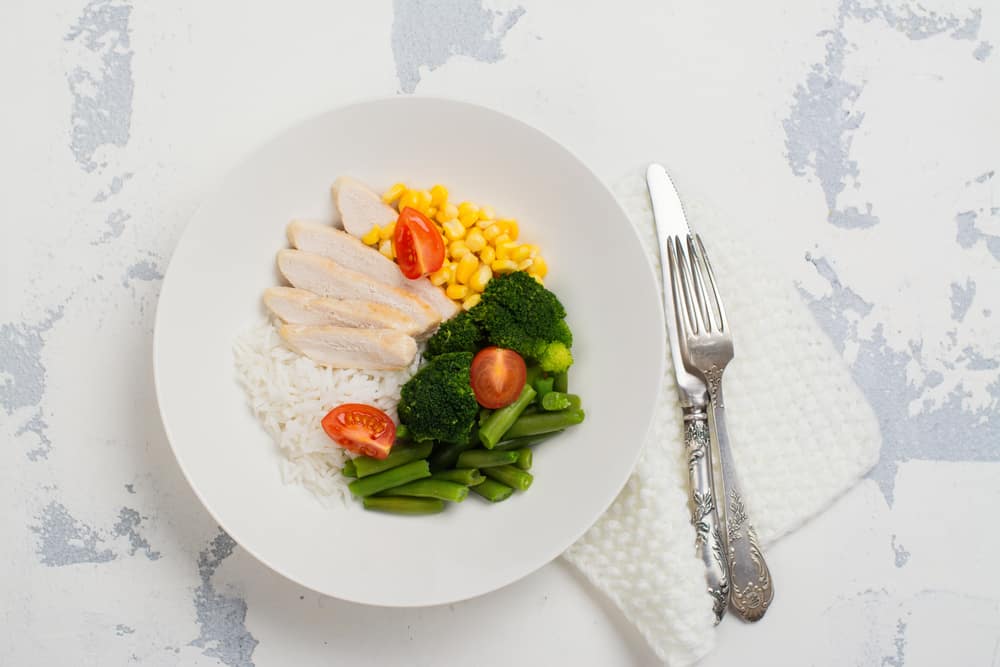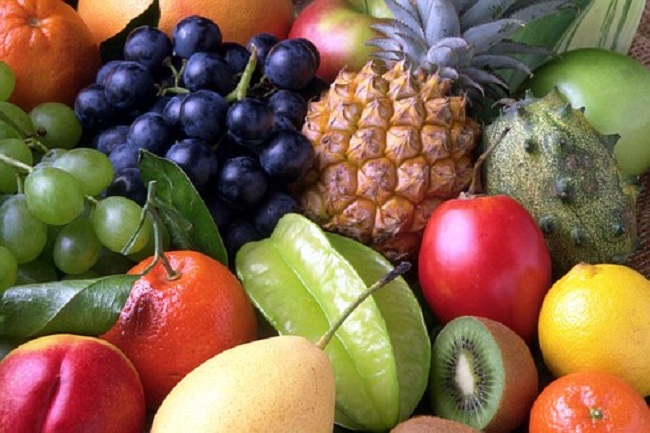Contents:
- Medical Video: Is it fine to take tea or coffee during pregnancy? - Edwina Raj
- What is caffeine?
- What is the effect if a woman drinks coffee while pregnant?
- Remember, caffeine is not only contained in coffee
- How to reduce consumption of caffeine while pregnant?
- Can you drink coffee while breastfeeding?
Medical Video: Is it fine to take tea or coffee during pregnancy? - Edwina Raj
When you are pregnant you have to pay more attention to the food ingredients you consume, because what you eat is also what the fetus eats. So is the case with caffeine. `
What is caffeine?
Caffeine is a substance that can stimulate the body's metabolism. Caffeine can increase heart rate and blood pressure. Caffeine can also increase urine production, so the consumption of caffeine which is not balanced with a lot of fluid consumption can cause dehydration. In addition, caffeine also stimulates the production of acid in the stomach, which can cause digestive disorders such as stomach ulcers and diarrhea. Caffeine should not be consumed along with food, because caffeine reduces the body's ability to absorb iron from food.
What is the effect if a woman drinks coffee while pregnant?
Caffeine can penetrate the placenta easily. The metabolism of caffeine in the mother's body during pregnancy is longer than when not pregnant. The mother's body is able to digest and remove caffeine from the body, but not so with the fetus. The ability of fetal metabolism is still not perfect, so the disposal of caffeine from the fetal body is very slow. As a result, the effect of caffeine on the fetus stays longer in the fetus than in the mother's body.
Like the effects of caffeine in adults, caffeine can also stimulate and affect the fetal sleep pattern. The fetal heart rate increases, the fetus becomes overactive and has difficulty sleeping. Caffeine consumption in pregnancy needs to be limited because the high amount of caffeine consumption is thought to be related to miscarriage and low baby weight at birth.
Remember, caffeine is not only contained in coffee
Caffeine is not only found in coffee, but also in tea, soft drinks, chocolate, energy drinks, and drugs. Experts advise pregnant women not to consume caffeine more than 200 mg per day.
The content of caffeine in various food products varies. The content of caffeine in coffee drinks with one another can also be different. It is very important to always check the ingredients before you consume them.
The following are the average caffeine content found in food products that we often encounter. Remember, consumption per day should not exceed 200 mg.
- Brewed coffee (1 cup): 137 mg
- Instant coffee (1 cup): 76 mg
- Ice cream or yogurt flavored coffee: 2 mg
- Tea brew (1 cup): 48 mg
- Instant tea (1 cup): 26-36 mg
- Carbonated drinks (1 can): 37 mg
- Energy drinks (1 can): 100 mg
- Dark chocolate: 30 mg
- Chocolate milk (small stem): 11 mg
Pregnant women should avoid soda drinks and energy drinks because besides containing caffeine, the sugar content is also very high, not good for pregnancy. It's better to multiply drinking water, milk or fresh fruit juice.
Many free medicines contain caffeine, for example cold medicines, headache medications, and allergy medications. If you get sick while pregnant, be careful when taking medication. You should always consult with your doctor first.
How to reduce consumption of caffeine while pregnant?
If you are used to consuming a lot of caffeine every day, to stop consuming caffeine at all will be very difficult. The following steps can be done to help reduce the consumption of caffeine daily:
- Shorten the brewing time of tea. If you want to drink tea, brewing tea for 1 minute (compared to 5 minutes as usual) can reduce caffeine levels by half.
- Change the consumption of brewed coffee with instant coffee. The content of caffeine in instant coffee is generally lower. Even better if you also change the dose of instant coffee to be more runny.
- Choose coffee products decaf.
Can you drink coffee while breastfeeding?
In addition to pregnancy, consumption of caffeine when nursing mothers also affect the baby. The baby's ability to remove caffeine from the body is still very slow. The high caffeine content in breast milk can cause babies to become restless, fussy, and have difficulty sleeping. Sometimes it also causes indigestion in babies.
If the mother wants to consume caffeinated products, it's best to consume as soon as the baby has finished breastfeeding, so that during the next breastfeeding the caffeine content in breast milk has decreased. Consumption of caffeine less than 5-6mg / kgbb / day is still in the safe category for both pregnant women and nursing mothers.
READ ALSO:
- Eat Seafood When Pregnant, May or Not?
- 3 Rules for Having Sex When Pregnant
- List of Foods to Avoid Pregnant Women


